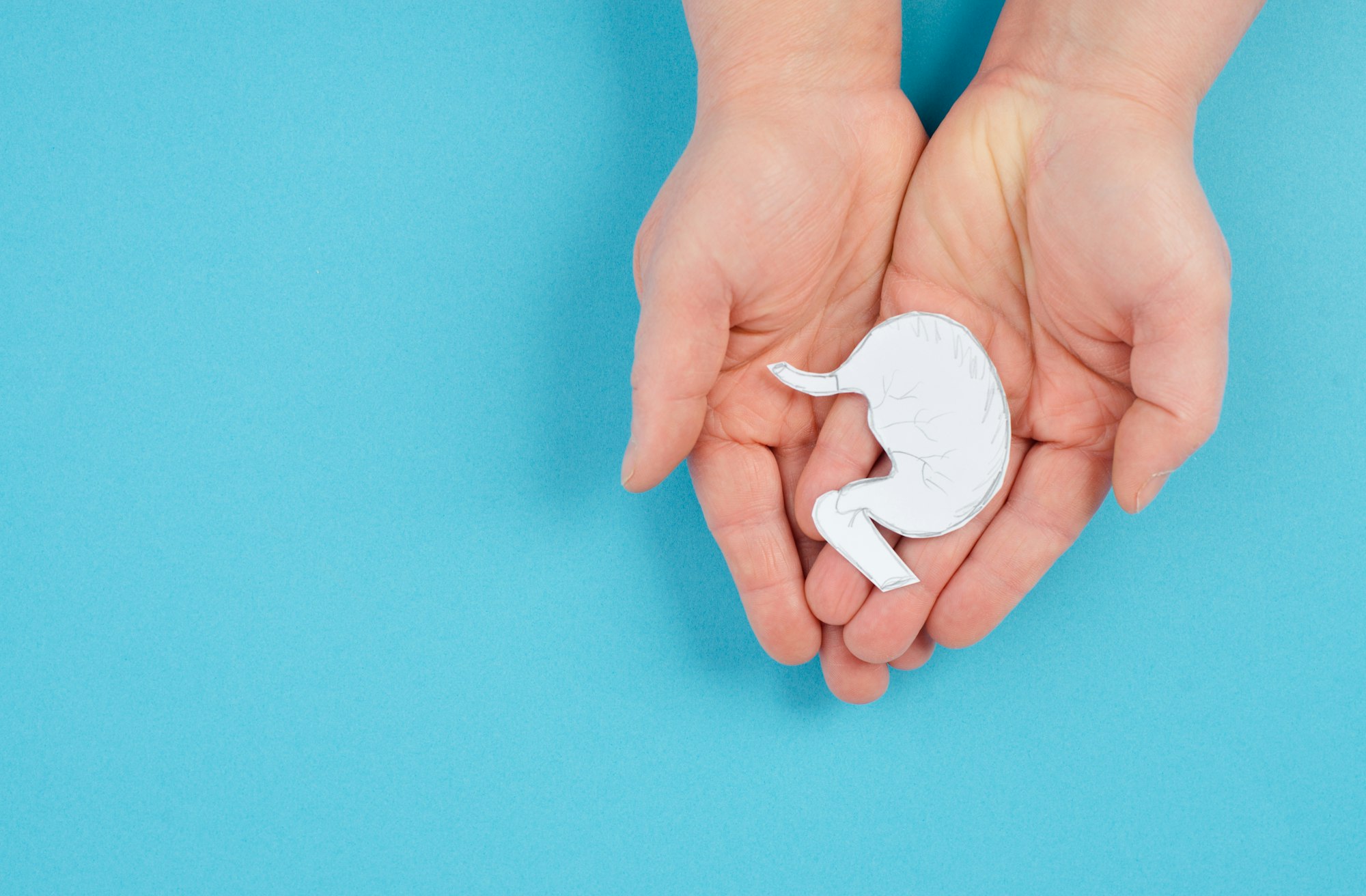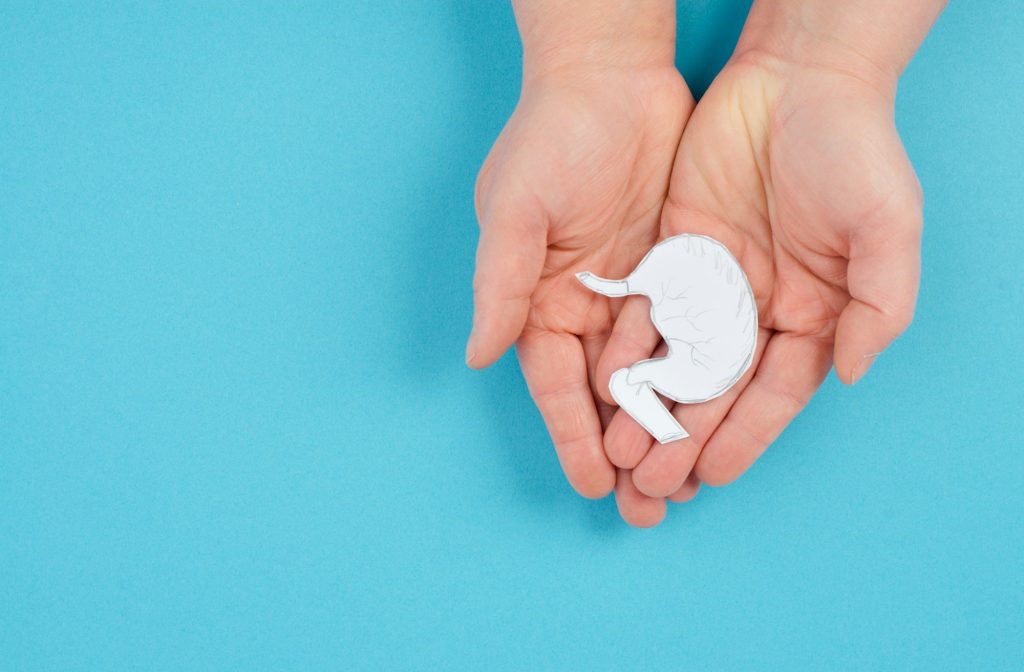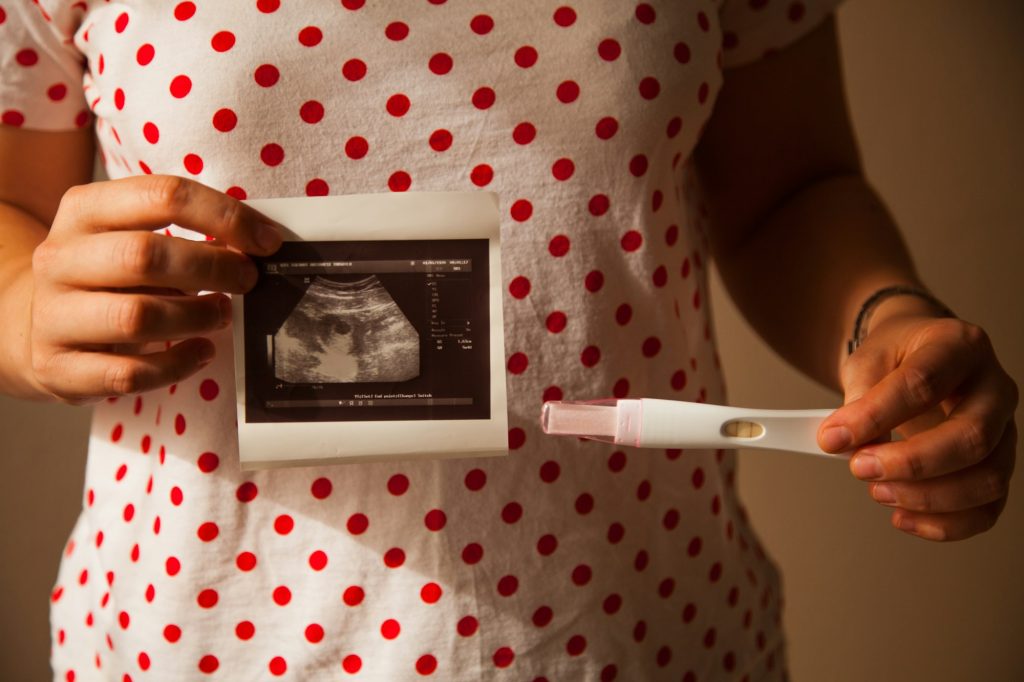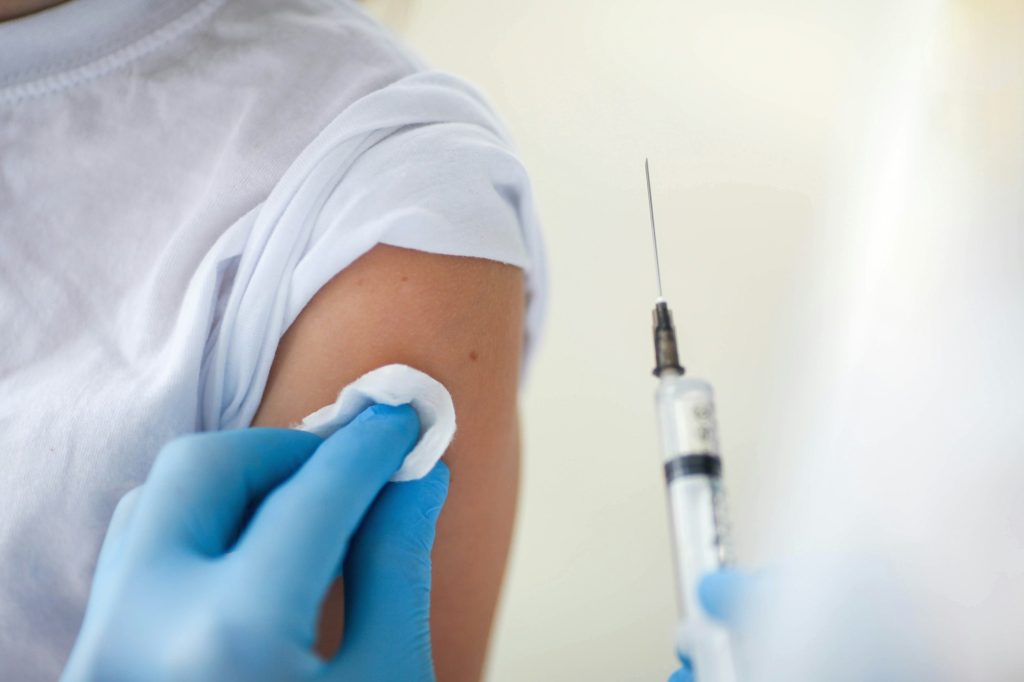Does Gerd Worsen During Ramadhan?
The notion that gastroesophageal reflux disease (GERD) worsens during the holy month of Ramadhan, is a topic of discussion, but whether it's a myth or a fact depends on various factors.
Fasting and GERD:
Some individuals with GERD may find that fasting exacerbates their pre-existing symptoms. This could be due to the changes in eating patterns, such as consuming larger meals or eating spicy or acidic foods during the pre-dawn and sunset meals (suhoor and iftar). Fasting can also lead to decreased saliva production, which normally helps neutralize stomach acidity. These factors combined may indeed worsen GERD symptoms for some individuals during fasting months.

Individual Variation: Not everyone with GERD will experience worsening symptoms during fasting. Some individuals may find that fasting actually alleviates their symptoms. This can be happen if they change their dietary habits, trigger foods and consume small portion sizes during non-fasting hours.
Hydration: Proper hydration is crucial during the fasting month to prevent dehydration. However, as we are prohibited to drink water during the fasting hours, this lead to dehydration and concentration of stomach acid, potentially worsening GERD symptoms.
Timing of Meals: The timing of meals during the fasting month can influence GERD symptoms. Severity eating large meals just before bedtime (especially during iftar) can increase the risk of acid reflux for as we may lie down shortly after eating. It’s generally recommended to have a smaller meal at iftar and save a larger meal for suhoor to allow time for digestion before lying down.
Lifestyle Factors: Other lifestyle factors during the holy month of Ramadhan, such as stress, sleep patterns, and physical activity levels, can also affect GERD symptoms. Stress and inadequate sleep, common during Ramadan for some individuals, can contribute to GERD flare-ups.
Medical Management: Individuals with GERD who observe fasting months should consult their healthcare providers for personalized advice. They may need adjustments to their medication regimen or dietary recommendations to manage their symptoms effectively during their fast.
In conclusion, while it’s not a universal truth that GERD worsens during fasting month, some individuals may experience exacerbation of symptoms due to changes in eating patterns, dehydration, and other lifestyle factors associated with fasting. It’s essential for individuals with GERD to be mindful of their dietary choices, meal timing, hydration, and overall lifestyle during fasting months to manage their symptoms effectively. Consulting with a healthcare provider can provide personalized guidance in managing GERD during our obligatory fast during Ramadhan.




